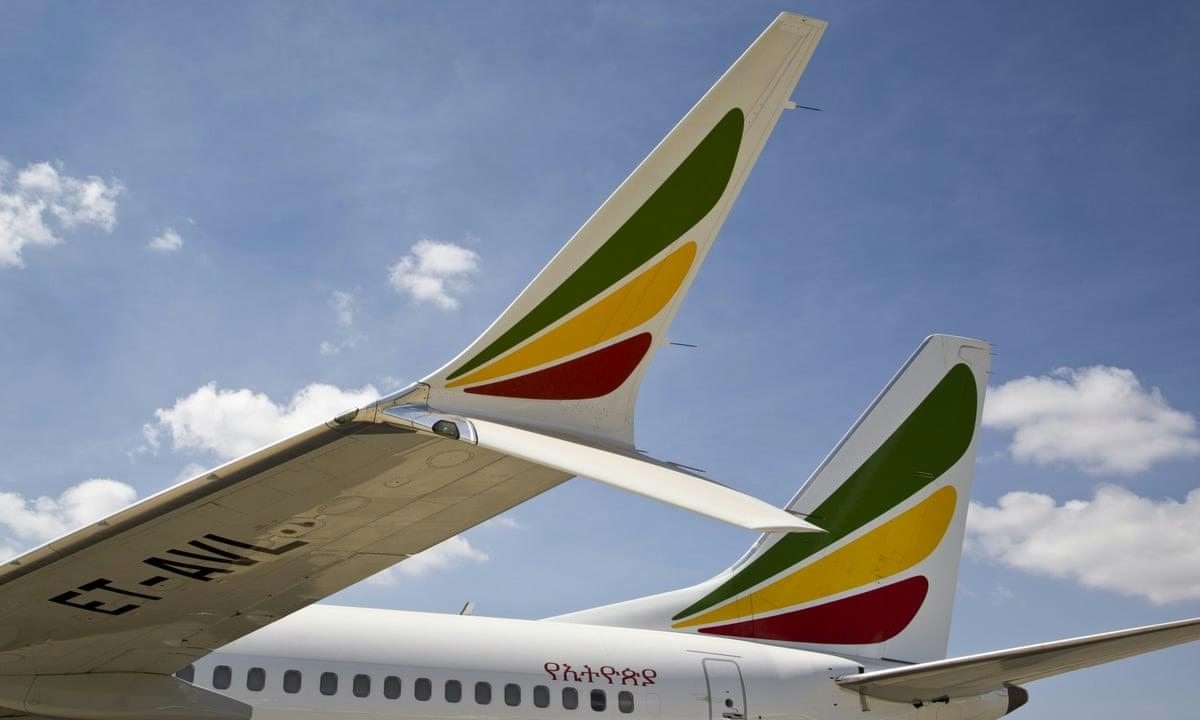AeroGenie — 您的智能副驾驶。
热门趋势
Categories
Russia Seeks Ethiopian Airlines Aircraft Amid Western Sanctions

Russia Pursues Ethiopian Airlines Partnership Amid Western Sanctions
Addis Ababa | August 3, 2025 — Confronted with stringent Western sanctions that have severely impacted its aviation industry, Russia is actively seeking new partnerships in Africa, with Ethiopian Airlines emerging as a focal point. The sanctions have effectively barred Moscow from acquiring new Airbus and Boeing aircraft, as well as essential spare parts, prompting Russian authorities to explore alternative avenues to sustain their commercial fleet operations.
Strategic Negotiations and Potential Cooperation
In late July, Yaroslav Tarasyuk, Russia’s Trade Commissioner to Ethiopia, engaged in discussions with the Ethiopian Civil Aviation Authority (ECAA) to propose a comprehensive cooperation framework. Central to these talks was the possibility of a wet-lease agreement, which would enable Russian carriers to operate modern Western aircraft under Ethiopian registration. The negotiations also encompassed the potential supply of aviation communication and surveillance systems to Russia, alongside plans to establish a maintenance facility in Addis Ababa.
These discussions build upon the Ethiopia-Russia Air Services Agreement signed in 2024, which laid the groundwork for expanded bilateral aviation collaboration. Ethiopian Airlines, Africa’s largest and fastest-growing carrier, currently operates a fleet exceeding 120 aircraft, including Boeing 787s, Airbus A350s, and Boeing 777s, with over 60 additional planes on order. The airline’s strategic vision to become “Africa’s Aviation Hub by 2033” positions it as a valuable partner for Russia, which faces increasing isolation from Western markets.
Risks and Broader Implications
A wet-lease arrangement could provide Russian airlines with a means to circumvent certain sanctions by operating Western-manufactured jets under Ethiopian registration. However, such a strategy carries significant risks, potentially attracting scrutiny from the European Union and the United States. This could jeopardize Ethiopian Airlines’ access to Western airspace, a critical component of its international operations. Notably, the ECAA’s recent engagement with North Korean officials further underscores Ethiopia’s intent to diversify its aviation partnerships amid evolving global alliances.
Russia’s aviation sector is grappling with challenges that extend beyond sanctions. The inability to procure necessary parts has led to a decline in fleet reliability, with tragic consequences. On July 24, a 1976 Antonov An-24 crashed, resulting in the deaths of all 48 passengers and crew. In response, Aeroflot, Russia’s flag carrier, reportedly acquired used Boeing 737s last year solely to cannibalize them for spare parts. While Russia has promoted domestic aircraft such as the Irkut MC-21, ongoing maintenance and production difficulties persist. Industry reports indicate that sanctions have also driven up aircraft prices, complicating Russia’s pursuit of aviation self-sufficiency.
Geopolitical Context and Economic Ties
Russia’s outreach to Ethiopia forms part of a broader strategic push into Africa, paralleling China’s expanding influence on the continent. Bilateral trade between Russia and Ethiopia surged by nearly 40% during the first ten months of 2024, reflecting deepening economic relations. For Moscow, partnerships in Africa represent a vital geopolitical lifeline amid Western isolation. Conversely, Ethiopia’s closer ties with Russia could accelerate its aviation ambitions but also entail significant diplomatic risks. Western nations are reportedly considering secondary sanctions that could disrupt not only aviation cooperation but also other sectors, including Russian fertilizer exports to Latin America.
As Russia and Ethiopia navigate the complexities of enhanced aviation cooperation, the evolving relationship has the potential to reshape their positions within the global aviation landscape, set against a backdrop of intensifying sanctions and shifting international alliances.

Factors Positioning Airbus for Leadership in 2026

Emirates Unveils Cabin Design for New Boeing 777X

Eighteen Years On, the Airbus A380 Remains Central to a $34 Billion Airline

How a boom in luxury airline seats is slowing down jet deliveries

Navitaire Outage Attributed to Planned Maintenance

Airbus Plans Record Delivery of 870 Aircraft in 2026

DigiYatra Debuts Outside Aviation at India AI Impact Summit

Vietnam Orders Strengthen Boeing’s Commercial Outlook

Airbus Signals Uncertainty Over Future A400M Orders

JobsOhio Awards $2 Million Grant to Hartzell Propeller for Innovation Center
